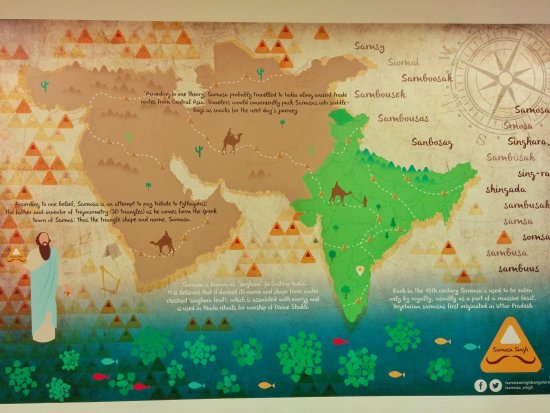I can’t stop thinking about it.
This is a fictional story, based on a stark reality that thousands of patients face every day. 1/
- Beryl Markham, “West with the Night.” 2/
The dilemma is always the same. Where will the money come from? Who will provide for his family?
Amir has kidney failure. 3/
The recommended amount of dialysis is 3 times a week, at a minimum.
Amir can only afford to go sporadically, once he and his family have raised the money. 4/
But he can’t leave his wife and children. Life is already cruel enough to them.
And he’s scared of dying.
He is 38. 5/
He works as hard as he can and saves every spare bit of money.
And he measures the depth of his breaths.
They slowly get shorter, and shorter.
Air hunger. 6/
There is no charity dialysis unit in his province. The closest unit to him is a journey of several hours.
He makes the journey when he must. 7/
They will die, and their families will be left destitute.
Amir doesn’t know the statistics.
But he is living them. 8/
As he sits in the chair and starts the treatment, he tries to slow his breathing, to calm down.
Sometimes it works, sometimes it doesn’t. 9/
It is the focal point of every patient’s gaze.
Amir often stares fixedly at the goldfish as it “bloop bloops” its mouth, and flits to and fro.
He envies its gills, its underwater breathing. 10/
Her work weighs on her heavily.
She tries to remain detached from the suffering she sees every day, to grow numb to it, but she is an empathic soul.
She is fully aware of the futility here.
A bandaid on a gaping wound. 11/
He thanks her profusely for the dialysis, as always.
He is kind.
She charts his vital signs, and sees that his dry weight is dropping.
Malnourishment. 12/
There are many patients, and she has learned that the better she knows them, the more her heart will break when the day comes that they stop coming in.
He asks her about the goldfish. “Why the fish?” 13/
Amir nods, his breathing getting a little more comfortable now as dialysis progresses. He smiles in return.
She looks back to him. 14/
Amir’s eyes widen. “Really?”
Mona nods solemnly.
Amir contemplates this, then asks, “So, in the ocean, whales are just goldfish?”
She laughs. “Not quite that big. The ocean isn’t a bowl.”
He smiles warmly. 15/
Amir is left to his thoughts, and the quiet beeps of the dialysis machine.
He looks at the drab walls of the dialysis unit, the cramped close quarters.
He wonders, if he didn’t have kidney failure, if he had money, would he grow? 16/
He is tired.
He knows where this path leads.
He watches the goldfish as the hours pass. His mind is at peace, while his heart learns to let go.
“I’m not afraid,” he whispers to no one. 17/
Mona’s brow furrows. Amir has never asked for anything.
“Doctor, my family is very poor. Could you please check on them someday? Just to make sure they are okay?” 18/
Amir smiles, relieved. “Thank you. For everything.”
Mona has said farewell to many patients. It never gets easier.
“You can come back Amir. Even if you can’t pay. We will find a way to take care of you.” 19/
His breathing is clear and easy, for the last time in his life.
Mona sits down behind her desk and writes her last notes for the day. She blocks Amir from her mind, for her heart’s sake. 20/
Amir never returns, as Mona knew he wouldn’t.
She rounds on the patients as she always does.
One day, she realizes with a start that the goldfish is floating in the water, motionless.
She takes the dead fish out, and wraps it in paper. 21/
The goldfish was the focal point of a thousand gazes, a thousand unfulfilled wishes.
Something deep inside her finally unlocks.
And Mona weeps. 22/
And then she exhales deeply, and slowly puts the armor back over her aching heart.
The next morning, before she goes to the dialysis unit, she decides to take a village detour.
She has a promise to keep.






